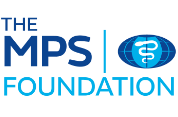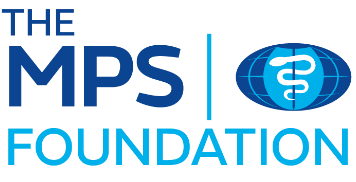Project title
The compatibility of informed consent and individual autonomy with African traditional values and beliefs in the context of oral healthcare provision
Country
South Africa
Background
In South Africa, western societal paradigms of obtaining informed consent currently prevail without much consideration being given to traditional African cultural values and beliefs as part of the process. This poses unique challenges because of the differences in cultural values and beliefs. This may affect the communication and decision-making process between oral healthcare practitioners and patients, which could have a negative impact on health outcomes and the quality of care that patients receive.
There is a need to establish culturally sensitive informed consent practices, specific to oral healthcare provision, that meet the needs and expectations of patients from African traditional communities that are compatible with their values and belief systems.
Summary
This qualitative research will explore the views and experiences of oral healthcare practitioners and patients from African traditional communities in a selected region of South Africa about informed consent, individual autonomy, and African traditional values. This will be coupled with a normative analysis of the empirical data using the African philosophy of Ubuntu as the theoretical framework, which has as its central focus on “communitarianism” and “connectedness with others in society”.
Outcome
The study will provide us with a deeper understanding of the relationship between informed consent, individual autonomy, and African values and beliefs. This understanding could be incorporated into the curriculum development in oral healthcare education on the informed consent process to bridge the gap between individual informed consent and African beliefs, ensuring that the informed consent process is nuanced in respecting cultural sensitivities.

